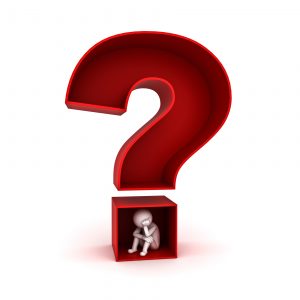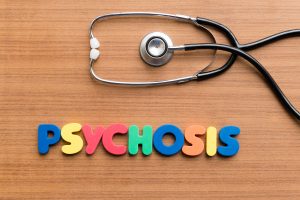Depression and Anxiety
Depression and anxiety occur in a substantial number of people following Acquired Brain Injury (ABI) and is recognised as a common cause of cognitive deterioration. Depression and anxiety can occur at anytime following brain injury and may even emerge months or years later. Some people may be unable to recognise and/or communicate psychological symptoms as a result of cognitive and/or communication impairments.
Following ABI depression may present with typical features. However, it is important to note that in many people an atypical clinical presentation may occur. Typical and atypical features of depression may include:
- Tearfulness and sadness.
- Sleep disturbance.
- Appetite changes.

- Negative thoughts and hopelessness.
- Social withdrawal.
- Increased apathy.
- Irritability and/or agitation.
- Reduced communication.
- Cognitive deterioration.
- Functional decline in basic activities of daily living.
- New onset incontinence.
- Difficulty managing tasks which they have been able to do since the injury (e.g. concentrate on a T.V. programme, read a newspaper).
- Occasionally challenging behaviour.
In many people who experience anxiety symptoms following ABI the clinical presentation may also be atypical. Irritability, agitation, repetitive obsessive compulsive (ritualistic) behaviours and occasionally aggression may occur.
The differential diagnosis of cognitive deterioration following ABI includes superimposed systemic illness and late complications of brain injury. These conditions should be excluded prior to making a diagnosis of depression and/or anxiety as the cause of cognitive deterioration.
Depression and anxiety after ABI may respond well to medication. Should the cause of cognitive deterioration prove difficult to establish and there are other clinical features (even if atypical) indicative of depression and/or anxiety, then a trial of treatment with antidepressant medication may be helpful in identifying the reason for this deterioration.
Psychosis
Psychosis is defined and characterised by the presence of delusions and/or hallucinations. Following ABI psychotic features such as paranoia are frequently observed. However, the development of a true psychotic disorder is relatively rare (i.e. a schizophrenia-like psychotic disorder may occur between one and five years after ABI, particularly in association with frontal and temporal damage (Fujii D, Ahmed I. Psychotic disorder following traumatic brain injury: a conceptual framework. Cogn Neuropsychiatry 2002;7:41–62. doi:10.1080/135468000143000131).
 The development of a psychotic disorder may be associated with a significant deterioration in cognitive functioning. If the person has a previous history of psychotic disorder prior to ABI, then this disorder is likely to re-emerge following ABI. Treatment is primarily with antipsychotic medication and this may lead to a significant improvement in cognitive functioning. Indviduals with brain injury may be more vulnerable to side effects of medication and doses should be titrated with caution.
The development of a psychotic disorder may be associated with a significant deterioration in cognitive functioning. If the person has a previous history of psychotic disorder prior to ABI, then this disorder is likely to re-emerge following ABI. Treatment is primarily with antipsychotic medication and this may lead to a significant improvement in cognitive functioning. Indviduals with brain injury may be more vulnerable to side effects of medication and doses should be titrated with caution.